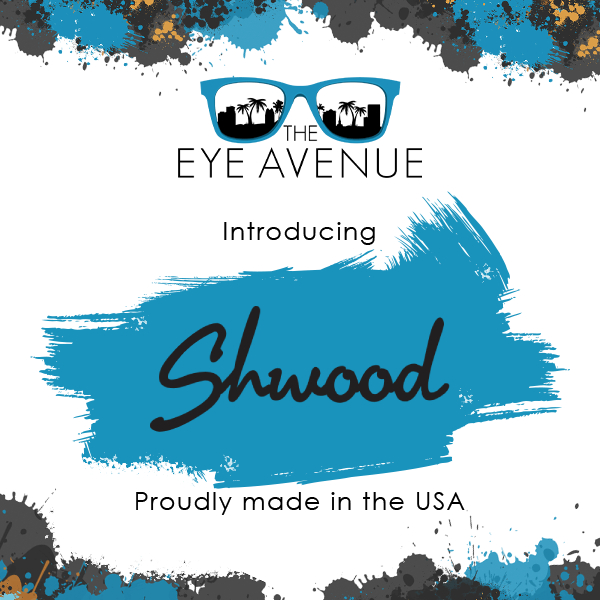Squinting can be something you do unconsciously, like when looking at screens or reading for long periods, or while trying to decipher a distant street sign. Children may also squint from an uncorrected vision problem. But is squinting a harmless habit, or can it be bad for your eyes?
Squinting won’t necessarily worsen your vision or damage your eyes, however, frequent or continuous squinting can cause other symptoms, such as headaches. Frequent squinting may be a sign that something else is wrong with your visual system.
Your eye doctor can perform an eye exam to determine the underlying cause of your squinting. Based on the findings, they may prescribe corrective lenses or recommend ways to prevent squinting,
What Is Squinting?
Squinting is the act of narrowing or partially closing one’s eyes, often in response to visual stimuli such as bright lights or blurred images. This action temporarily changes the shape of the eye to improve focus and clarity and limit the light into the eye.
Squinting & Its Underlying Causes

Squinting is a natural response to various visual stimuli, including bright lights, blurred images, or focusing on small or distant objects. There are several causes of squinting.
Uncorrected Refractive Errors
Nearsightedness (myopia), farsightedness (hyperopia), and astigmatism are refractive errors that can cause squinting when uncorrected. When the eyes can’t focus properly on an object, squinting helps redirect light onto the retina (the light-sensitive tissue at the back of the eye) for clearer vision.
Presbyopia
Presbyopia is a natural age-related decline in near vision and can also cause squinting when focusing on small or close-up objects.
Bright Lights
Intense light, such as bright sunlight and harsh artificial lighting, can be another trigger for squinting as our eyes try to protect themselves from excess light. Some individuals may also have a unique sensitivity to light (photophobia), making them more prone to squinting in bright environments. Other causes of sensitivity to light can include dry eye, medication side effects, and having naturally large pupils.
What Squinting Does to Your Eyes
When you squint you alter the shape of your eyes slightly, allowing the eyes to focus light more precisely on the retina, which can improve clarity. However, that also means less light is entering the eye, and eyelashes may now be shrouding over the eye, so the image in the eye is darker, if slightly sharper.
Also, prolonged squinting can lead to eye strain, fatigue, and headaches, signaling that the eyes are working harder than they should be. While squinting doesn’t directly harm eyesight, the need to squint frequently might indicate an underlying vision problem that, if left unaddressed, could result in other eye health issues.
When to See Your Eye Doctor
An optometrist can assess your vision, prescribe corrective lenses if needed, and offer tailored advice to protect your eye health. Squinting is often accompanied by headaches, blurred vision, double vision, dry or watery eyes, and increased sensitivity to light. When simple adjustments do not alleviate the need to squint or if you experience persistent symptoms of eye strain, it’s time to seek professional advice.
Regular squinting is a sign you shouldn’t ignore, as it can indicate the eyes’ struggle to see clearly and comfortably. In this case, address any underlying causes of squinting through professional advice and interventions to maintain healthy vision. Regular eye exams and proper corrective measures can help reduce the need to squint and prevent further deterioration of vision and eye health.
Tips for Reducing Squinting
Maintaining healthy eyes in today’s screen-centric lifestyle is crucial. Here are some practical tips to help mitigate squinting:
- Prescription lenses: Your eye doctor can prescribe corrective glasses or contact lenses for uncorrected refractive errors or presbyopia.
- Follow the 20-20-20 rule: Every 20 minutes, look at something 20 feet away for at least 20 seconds. This practice helps reduce the risk of eye strain from squinting during prolonged screen use.
- Ensure proper lighting: Overly bright and insufficient lighting can cause you to squint. Adjust your environment and device brightness to comfortable levels.
- Invest in protective eyewear: Glasses with anti-reflective coating and blue light filters can reduce squinting and associated symptoms.
- Adjust text size and contrast: Increase the text size on your devices to avoid straining to read small print, and use high contrast settings where possible.
- Maintain a healthy distance: Keep screens at a comfortable distance where you can easily read without squinting. The optimal distance can vary based on the screen size and individual vision needs.
Healthy Eyes & Vision Clarity
While squinting infrequently is generally harmless, don’t overlook frequent squinting. It can be a sign of an underlying eye condition or uncorrected vision problems that, if left untreated, could worsen over time.
With regular eye exams, incorporating eye-friendly habits into our daily routine, and seeking professional advice when necessary, you can safeguard your vision and enjoy vision clarity without discomfort. Book an appointment with The Eye Avenue if you’re squinting more than usual or notice your child squinting.




